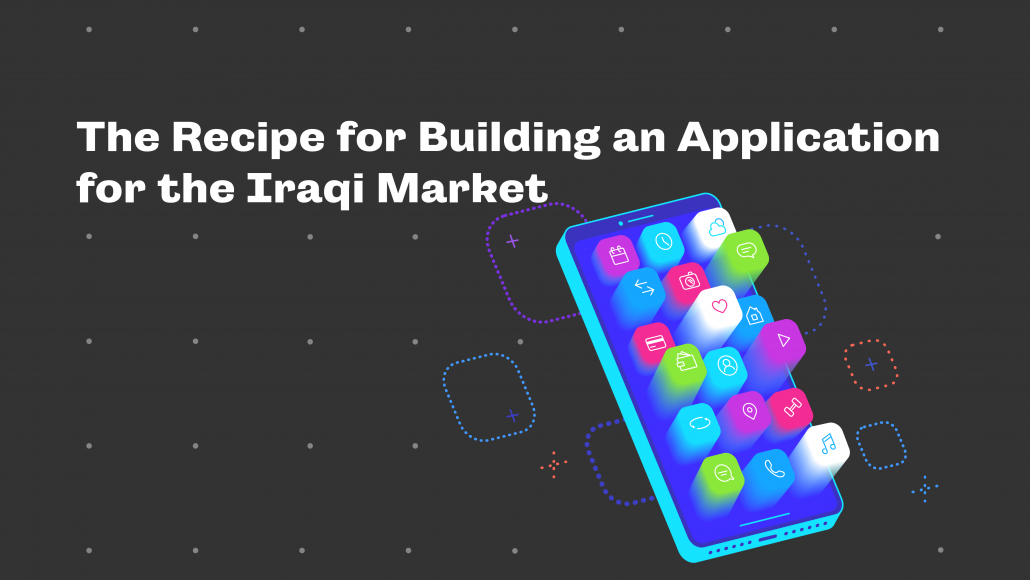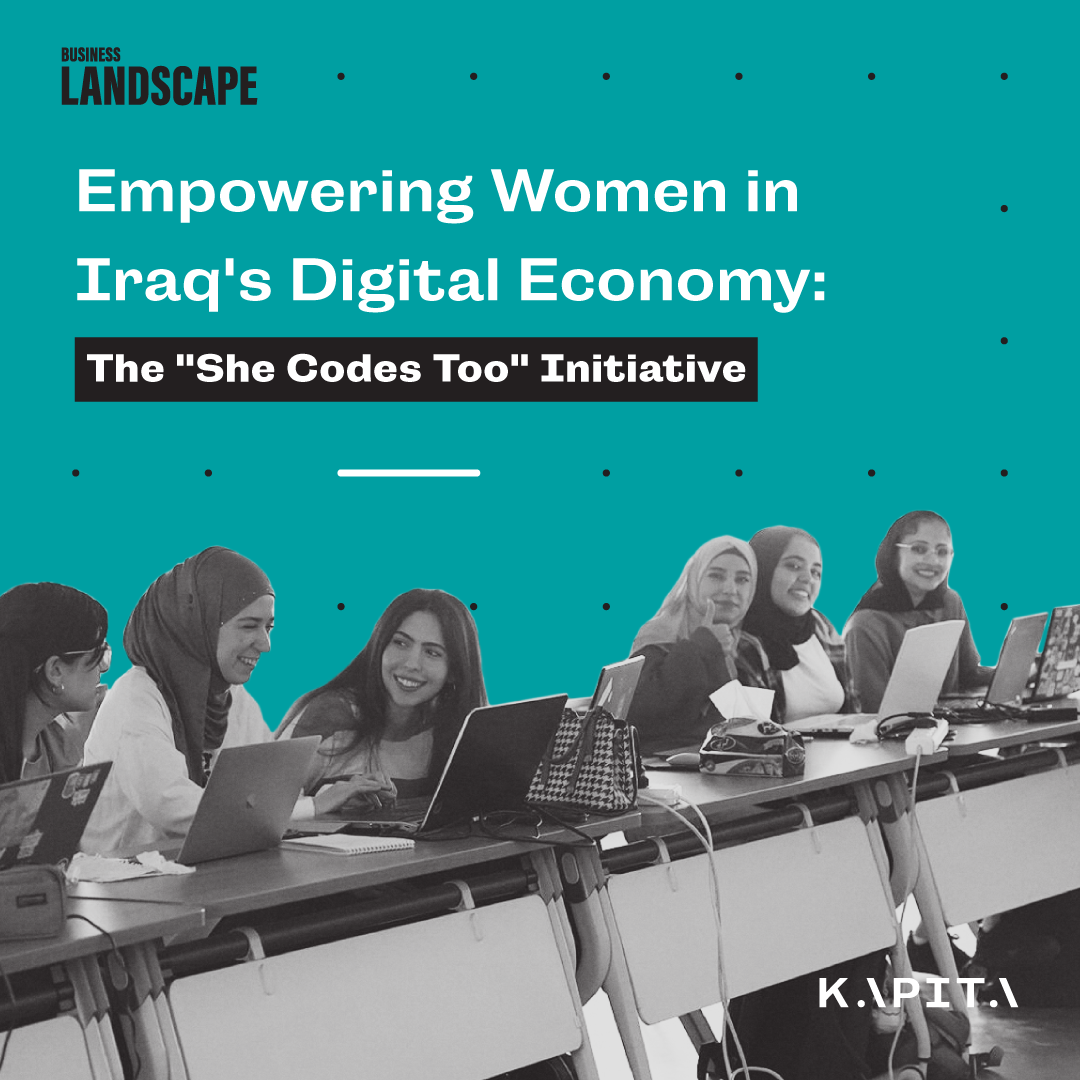The Recipe for Building an Application for the Iraqi Market
Ahmed Sobhi
COO, Alsaree3
Despite the recent growth in the Iraqi e-commerce sector, the country’s market still lacks many services and products that are commonly available in the MENA region. This leaves great room for entrepreneurs to capitalize on a wide array of untapped opportunities. However, it is crucial to understand that the Iraqi customer is unique and has particular needs that must be met. In this article, drawing from my experience as COO of Alsaree3, I provide entrepreneurs with a comprehensive guide on what to consider before launching an application for the Iraqi market. So, before you get started, here are a few pre-launch tactics to keep in mind:
- Collect Feedback: When launching an app, it is crucial to gather feedback from as many people as possible, including colleagues, friends, and even strangers. Collecting user-based feedback can bring new ideas to light and reveal what your customers desire to see in your app. For a more detailed understanding, seek advice from someone who has either designed or commissioned an app; both will provide added value that comes from on-hand experience.
- Write Down Your App Requirements: Do not rely solely on the verbal explanation of your app idea to your app developer. Instead, take the time to write it down on a document or a piece of paper before meeting with them. This process will give you ample time to add more ideas and ensure you remember all the key points during the conversation. Having a written document will also make your ideas more organized and increase the likelihood of successful execution.
- Create a Step-by-Step Plan: Clearly convey your app structure to your developer by breaking it down into clear steps. Start with the home screen and move on to the registration screen, and so on. This step-by-step approach will provide a clear roadmap for the development process.
- Use a Prototype Template: A prototype template will help you visualize your app idea and serve as a blueprint for the designer. The template will help you validate your ideas and have a rough understanding of the user experience in terms of vision and functionality. I recommend using miro.com; it offers a wide range of templates to choose from.
- Set up a Control Panel: Make sure to develop a separate platform that serves as a control panel for your app. This will facilitate your operational tasks and should be part of your requirements. For example, if you have an e-commerce app, you may want to have the ability to block a shop, which can be achieved through this control panel.
- Deploy a Reporting Mechanism: A reporting mechanism is essential for your app to assess its performance and identify areas for improvement. This should be a top priority when outlining your app requirements and should be included in the design process.
- Avoid Email-Based Registration: In Iraq, email usage is scarce among mobile app users. Most people, especially those outside the private sector, may not have a personal email because they simply do not need it. If you want to reach the largest customer base, it is recommended not to require an email for registration. Instead, build your user creation, access, or product registration with a mobile number. This is the one thing that all your potential customers have, and it allows you to access them easily.
- Simplicity is Key: Simplicity is the key to the Iraqi customer. Keep the steps required to use the app to a minimum, and do not add features or steps that you think might be appealing without considering the customer's perspective. The customers' mindset differs from yours, so it is important to prioritize their experience above all else.
- Cash on Delivery as Payment Option: Unfortunately, cash on delivery (COD) is still the dominant payment method in Iraq. In the best-case scenario, online payment methods may account for 2% of transactions. Nevertheless, this rate might witness an increase due to the government’s recent push toward digitization. Therefore, two payment methods (COD and online payment) are advisable because they represent around 98% of the transactions.
- Select Your E-payment Method Wisely: In Iraq, there are multiple online e-payment methods, like e-wallets, credit and debit cards. Any of which could be integrated with your app with different per-transaction fees. You must carefully choose which ones you must integrate based on the fee they charge and their user popularity. However, it is recommended that you offer at least two e-payment options to broaden your user base.
- Circumvent the Data Shortage: In Iraq, finding reliable data sources that you can use to build your app is a challenge. The best solution is to utilize available case studies online or to hire a market research company to develop a methodology and conduct research that targets your intended audience.
The key takeaway from these steps is that simply copying foreign app models is not guaranteed to produce a successful app in Iraq. The market here is unique and may require a different approach than what has worked in other countries. When you want to launch an app for your service or product, you must understand the local context. What fits and what does not fit. While it may be more challenging and require more work, this extra effort will pay off in the long run and lead to greater success.






